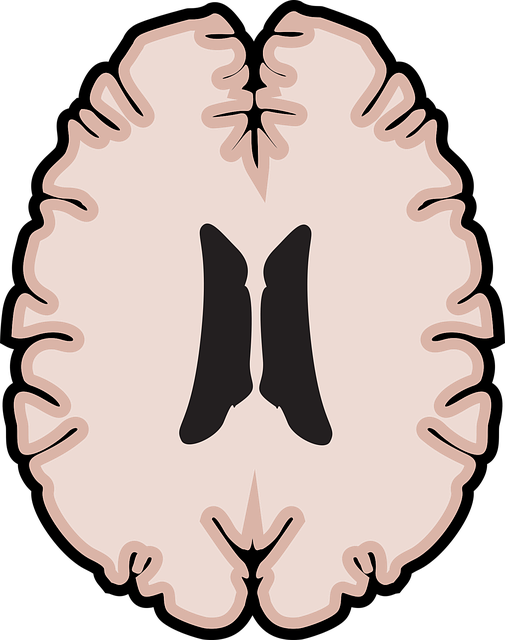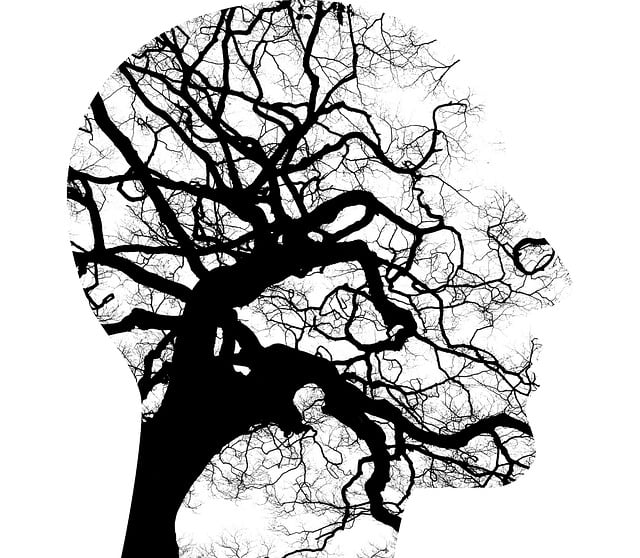In a fast-paced world, Broomfield Blended Families Therapy offers customized coaching programs for unique family dynamics. Combining evidence-based practices like CBT and MBSR with tailored interventions, therapists address communication, conflict, and attachment issues. This personalized approach, incorporating cultural competency and flexible modules, fosters resilience and bonding within blended families. Success is measured through outcome assessments, family feedback, and improvements in key areas like communication and emotional well-being.
In today’s fast-paced world, mental wellness coaching is essential for navigating life’s challenges. This article explores the development of customized coaching programs tailored to the unique needs of Broomfield blended families. We delve into integrating evidence-based practices in mental wellness coaching, designing comprehensive curricula, and implementation strategies that measure success in family therapy programs. By focusing on these aspects, we aim to enhance the overall well-being of Broomfield blended families.
- Understanding the Need for Customized Coaching Programs
- Integrating Evidence-Based Practices in Mental Wellness Coaching
- Designing a Comprehensive Curriculum for Broomfield Blended Families
- Implementation Strategies and Measuring Success in Family Therapy Programs
Understanding the Need for Customized Coaching Programs

In today’s fast-paced world, mental wellness is more crucial than ever, especially for those navigating complex life situations such as Broomfield blended families. Traditional one-size-fits-all therapy approaches often fail to address the unique challenges and dynamics within these families. Customized coaching programs are therefore essential in effectively supporting individuals and couples to achieve emotional well-being promotion techniques that resonate with their specific needs. By understanding the nuances of each family’s story, therapists can design interventions tailored to reduce stress and alleviate anxiety relief, fostering healthier relationships and improved quality of life.
Broomfield blended families therapy, for instance, requires a nuanced approach given the complex interplay between biological parents, step-parents, and children. Customized programs that integrate Stress Reduction Methods tailored to each family’s dynamics can significantly enhance communication, resolve conflicts, and promote secure attachments. This personalized touch ensures that every member of the household feels heard, respected, and supported on their journey towards better mental health and well-being.
Integrating Evidence-Based Practices in Mental Wellness Coaching

Incorporating evidence-based practices is a cornerstone of effective mental wellness coaching. Coaches playing a pivotal role in supporting individuals and families navigate complex emotional landscapes, especially those grappling with issues akin to those addressed by Broomfield Blended Families Therapy. By integrating techniques such as Cognitive Behavioral Therapy (CBT), Mindfulness-Based Stress Reduction (MBSR), and Conflict Resolution Techniques, coaches can offer structured strategies for managing stress, anxiety, and conflict, thereby fostering resilience and mental agility.
This approach goes beyond mere talk therapy; it empowers clients to develop tailored Self-Care Routine Development for Better Mental Health strategies. Coaches guide individuals in identifying triggers, understanding their emotional responses, and cultivating healthy coping mechanisms. Furthermore, equipping coaches with Healthcare Provider Cultural Competency Training becomes vital when working with diverse populations, ensuring inclusive and effective support that respects individual backgrounds and beliefs.
Designing a Comprehensive Curriculum for Broomfield Blended Families

In designing a comprehensive curriculum for Broomfield Blended Families Therapy, the focus should be on addressing the unique needs of families navigating complex dynamics. This involves integrating evidence-based practices tailored to manage anxiety relief and provide trauma support services. The curriculum must offer flexible modules that cater to various family structures and stages of blending, ensuring every member feels heard and supported.
Key components should include education sessions on communication strategies, conflict resolution techniques, and building healthy boundaries. Additionally, incorporating a community outreach program implementation can foster connections, enhance social support networks, and mitigate feelings of isolation often experienced by blended families. Such an approach holistically addresses emotional well-being while encouraging family bonding and resilience.
Implementation Strategies and Measuring Success in Family Therapy Programs

Implementing successful mental wellness coaching programs, such as Broomfield Blended Families Therapy, requires a strategic approach that combines evidence-based practices with a family-centric focus. To ensure effectiveness, therapists should integrate various implementation strategies. This includes tailored treatment plans, fostering an inclusive and supportive environment, and employing digital tools for remote sessions. By offering personalized support, coaches can enhance engagement and promote meaningful change within the family unit.
Measuring success in these programs is multifaceted. While traditional outcome assessments are valuable, qualitative feedback from families should also be prioritized. Regular check-ins, parent and child reports, and observation of familial interactions during therapy sessions provide insights into progress. Tracking improvements in areas like communication, conflict resolution, and overall emotional well-being helps in evaluating the program’s impact. Incorporating compassion cultivation practices and confidence-boosting activities can further enhance therapeutic outcomes, ultimately contributing to effective depression prevention within the family setting.
Mental wellness coaching programs, especially tailored for Broomfield Blended Families, have become essential tools in fostering resilience and well-being. By integrating evidence-based practices and designing comprehensive curricula, we can effectively address the unique challenges faced by these families. Implementation strategies that focus on measurement and continuous improvement ensure the success of these programs, ultimately enhancing the lives of participants through enhanced coping skills and strengthened relationships.














